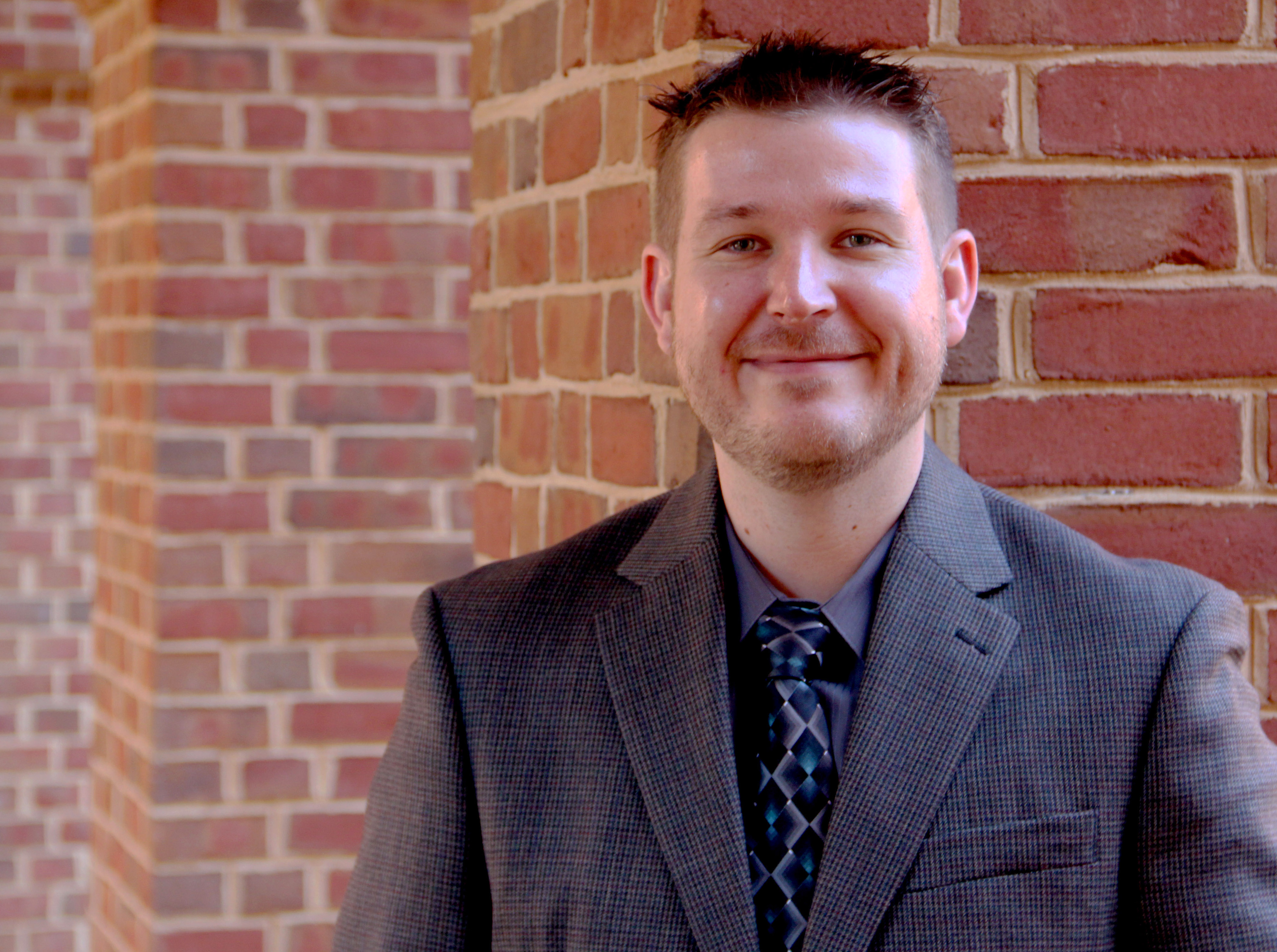Popular computer-based training programs designed to improve behavior or academic performance in children with attention deficit hyperactivity disorder, or ADHD, do not deliver on their intent, according to research findings published this month in Clinical Psychology Review.
Michael Kofler, assistant professor and director of the University of Virginia Curry School of Education’s Children’s Learning Clinic, and colleagues at the University of Central Florida took a critical look at 25 studies evaluating the effectiveness of cognitive training programs. These programs use computer-aided activities that are designed to help children improve brain functions thought to be underdeveloped in children with ADHD.
“We found that these treatments are not effective for treating children with ADHD,” Kofler said. “They don’t improve ADHD symptoms or behavior, they don’t improve academic achievement, and in many cases do not improve the cognitive functions they claim to target.”
According to Kofler, many of these programs are intended to target working memory, which is an area of difficulty for many children with ADHD. Working memory plays a key role in children’s learning, and affects reading, math performance, writing and note-taking, interpreting social cues and preventing minds from wandering. Previous research by Kofler and colleagues also indicates that working memory plays a key role in core ADHD symptoms including the lack of attentive behavior, excess gross motor activity (hyperactivity) and impulsivity.
Interestingly, although many of the interventions claim to improve working memory, these programs actually trained short-term memory.
There are two primary parts to working memory: the memory component, which involves holding information in our head for a few seconds, and the working component, which involves processing or doing something with that information.
“Our research shows that it’s the working part of working memory that is related to ADHD symptoms,” Kofler said, “but unfortunately the current cognitive training protocols are only targeting the memory part. So it’s not surprising that they’re not working.”
Kofler says this is a particularly important topic because parents are currently spending thousands of dollars in hopes of getting help for their children.
“Right now, the only effective treatments for ADHD are medication and behavioral interventions,” Kofler said. “We’re working on changing that, but none of the cognitive training programs out there right now are helpful for treating ADHD.”
The Children’s Learning Clinic research program was established as the result of a gift from the Galant family this past spring. As a result, the center has been working with a nationwide group of experts to develop a new cognitive training that focuses on working memory. The clinic is affiliated with the Curry School research center Youth-Nex as well as the school’s doctoral program in clinical and school psychology. The clinic takes a strengths-based approach to ADHD.
Kofler says that cognitive training is a promising new direction for helping children with ADHD, but emphasizes that what’s currently out there misses the mark.
“We need to develop better interventions for children with ADHD that focus on their strengths and not just their difficulties,” he said. “If we do not consider all aspects of ADHD – including strengths and weaknesses – we are unlikely to provide the best possible services for these children.”
Youth-Nex director Patrick Tolan said Kofler’s work is breaking new ground. “Michael is taking a new and potentially game-changing approach to ADHD by looking at how to produce effective development, not just how to treat symptoms and lessen impairment,” he said.
“Our ultimate goal is to do more than stop ADHD from impairing these children’s academic, peer and family functioning,” Kofler said. “We believe these children can go from struggling to thriving.”
The Children’s Learning Clinic is currently recruiting children ages 8 through 12 who have been diagnosed with, or suspected of having, ADHD to participate in a clinical research study to help us identify strengths and build capabilities for children with ADHD. Click here for information.
Additional resource: A Novel, Strengths-Based Approach to ADHD
Media Contact
University of Virginia, Contemplative Sciences Center
edaniels@virginia.edu 434-243-3560
Article Information
January 14, 2014
/content/uva-study-finds-computer-training-adhd-students-misses-mark

